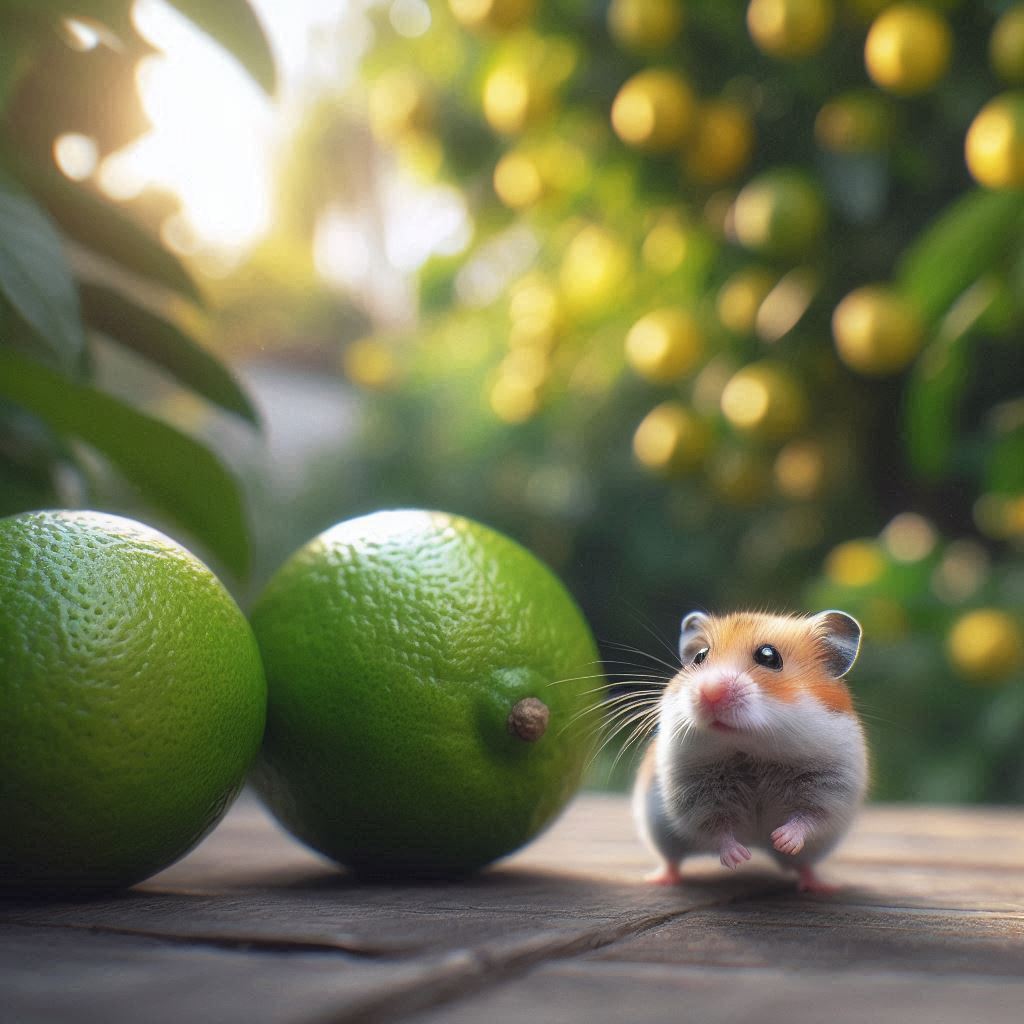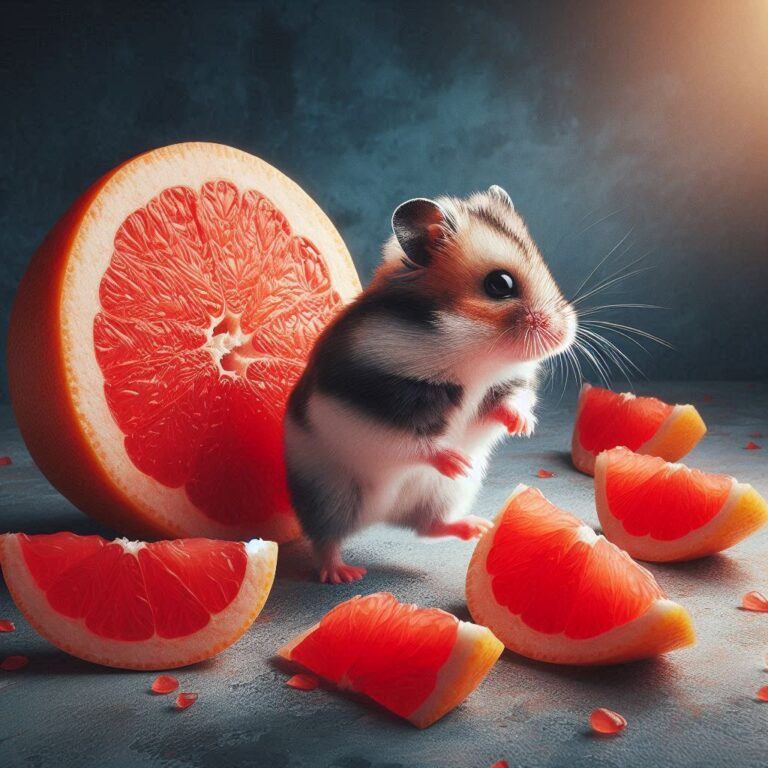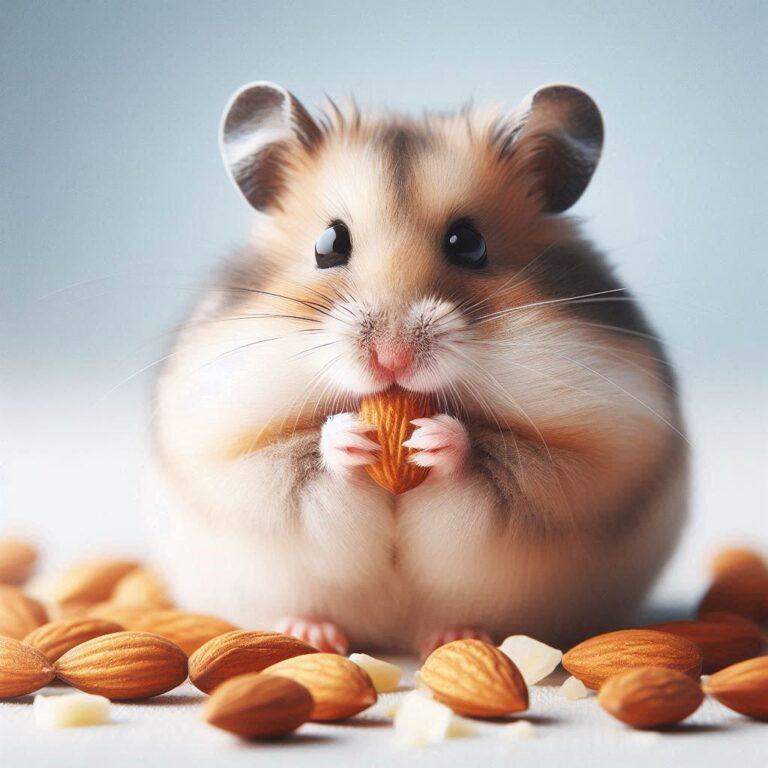Can Hamsters Safely Eat Limes
Hamsters should NOT eat limes. While these citrus fruits are rich in vitamin C and offer health benefits for humans, they pose risks to hamsters. The high acidity and the potential toxicity from the essential oils and psoralens in limes can lead to adverse effects on your pet’s health, making them an unsafe choice.
Limes, like other citrus fruits such as oranges, grapefruits, and lemons, have a sharp taste that can be too intense for a hamster’s palate.
Their digestive systems are not designed to handle citrusy, acidic foods. Providing your hamster with a slice of lime could cause digestive upset, or worse, lead to more serious health concerns.
Understanding the digestive system of hamsters is crucial before introducing new foods into their diet.
These small creatures require a specific balance of nutrients and often thrive on a diet composed chiefly of grains, proteins, vegetables, and occasional fruits.
Yet, not all fruits are created equal when it comes to feeding them to our furry friends. And despite the popularity of citrus among humans, the high acidity of these fruits is particularly harmful to hamsters.
It’s important to investigate how their bodies respond to different food items—especially those that could lead to discomfort or health issues.
In the day-to-day care of your hamster, you might be tempted to share a piece of whatever you’re snacking on.
However, it’s essential to keep their unique dietary needs in mind. This often means steering clear of human-friendly foods that can spell trouble for these small animals.
With the safety and well-being of your pet in mind, steering clear of limes is undoubtedly the best course of action. But what about other citrus fruits? Are they all off-limits, or might some be safe in moderation?
Potential Risks of Citrus Fruits for Hamsters
Understanding the hazards of citrus fruits for hamsters, limes included, is crucial. The core issue with these fruits is the high acidity.
For hamsters, their delicate digestive systems are not equipped to handle such acidic environments. Ingesting limes can lead to stomach discomfort and adverse reactions.
Acidity isn’t the sole concern. The essential oils and psoralens in limes can be toxic to hamsters, potentially causing more severe health issues.
Prolonged exposure to these compounds, even in small doses, is not advisable.
Feeding limes to your furry friend could result in immediate distress signals such as reduced appetite or diarrhea.
Long-term effects might be more insidious, influencing their overall wellness and potentially shortening their lifespan.
As pet owners, a keen awareness of these risks prompts the need to explore safer, more suitable fruit choices. It’s about balancing their meals while catering to their nutritional and taste preferences.
With risks clearly outlined, moving towards healthier options becomes our next focus. Hamsters can enjoy a variety of fruits without the potential downfalls that citrus fruits present.
Safe and Healthy Alternatives to Limes for Your Hamster
Understanding the hazards limes pose to hamsters steers us toward finding suitable snack alternatives that contribute to their health without causing harm.
I recommend offering fruits low in acid and sugar, such as apples, strawberries, blackberries, or pears, with the seeds removed to avoid toxicity.
When introducing any new food to your hamster’s diet, it’s vital to do so gradually. Start with a tiny piece to see how they react over the next 24 hours. If there are no adverse symptoms, you can include it as an occasional treat.
Maintaining a balanced diet is key for your hamster’s well-being. Staples of their diet should include quality hamster seed mixes, pellets, clean water, and occasional fresh produce.
By doing so, you ensure your furry companion thrives and enjoys a variety of safe and nutritious foods.







